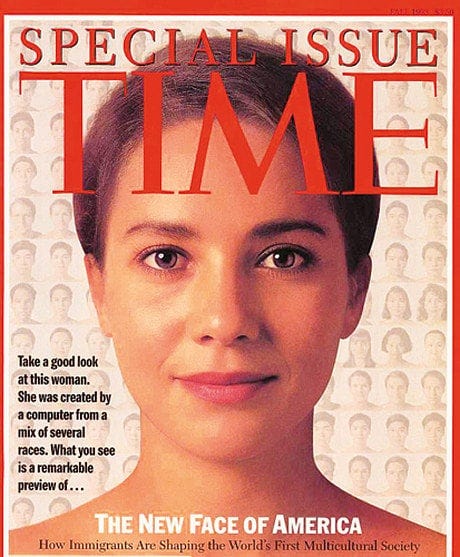Is there evidence for the racialization of pharmaceutical regulation? Systematic comparison of new drugs approved over five years in the USA and the EU
Social Science & Medicine
Volume 280, July 2021, 114049
DOI: 10.1016/j.socscimed.2021.114049
Shai Mulinari, Senior Lecturer
Department of Sociology, Faculty of Social Sciences
Lund University, Sweden
Andreas Vilhelmsson, Associate Researcher
Division of Social Medicine and Global Health, Department of Clinical Sciences Malmö
Lund University, Malmö, Sweden
Piotr Ozieranski, Senior Lecturer
Department of Social and Policy Sciences
University of Bath, Bath, United Kingdom
Anna Bredström, Senior Lecturer, Docent; Associate Professor of Ethnicity and Migration
Institute for Research on Migration, Ethnicity and Society (REMESO)
Linköping University, Sweden

Highlights
- We compare race/ethnicity labeling of hundreds of new drugs in the USA and the EU.
- Many labels report race/ethnicity demographics of trials, more often in the USA.
- Fewer labels report race/ethnicity differences in response, more often in the EU.
- Racial/ethnic taxonomy used in labels is variable and inconsistent.
- The racialization of pharmaceutical regulation differs between the USA and the EU.
Recent decades have seen much interest in racial and ethnic differences in drug response. The most emblematic example is the heart drug BiDil, approved by the US Food and Drug Administration in 2005 for “self-identified blacks.” Previous social science research has explored this “racialization of pharmaceutical regulation” in the USA, and discussed its implications for the “pharmaceuticalization of race” in terms of reinforcing certain taxonomic schemes and conceptualizations. Yet, little is known about the racialization of pharmaceutical regulation in the USA after BiDil, and how it compares with the situation in the EU, where political and regulatory commitment to race and ethnicity in pharmaceutical medicine is weak. We have addressed these gaps by investigating 397 product labels of all novel drugs approved in the USA (n = 213) and the EU (n = 184) between 2014 and 2018. Our analysis considered statements in labeling and the racial/ethnic categories used. Overall, it revealed that many labels report race/ethnicity demographics and subgroup analyses, but that there are important differences between the USA and the EU. Significantly more US labels specified race/ethnicity demographics, as expected given the USA’s greater commitment to race and ethnicity in pharmaceutical medicine. Moreover, we found evidence that reporting of race/ethnicity demographics in EU labels was driven, in part, by statements in US labels, suggesting the spillover of US regulatory standards to the EU. Unexpectedly, significantly more EU labels reported differences in drug response, although no drug was restricted to a racial/ethnic population in a manner similar to BiDil. Our analysis also noted variability and inconsistency in the racial/ethnic taxonomy used in labels. We discuss implications for the racialization of pharmaceutical regulation and the pharmaceuticalization of race in the USA and EU.
Read the entire article in HTML or PDF format.








